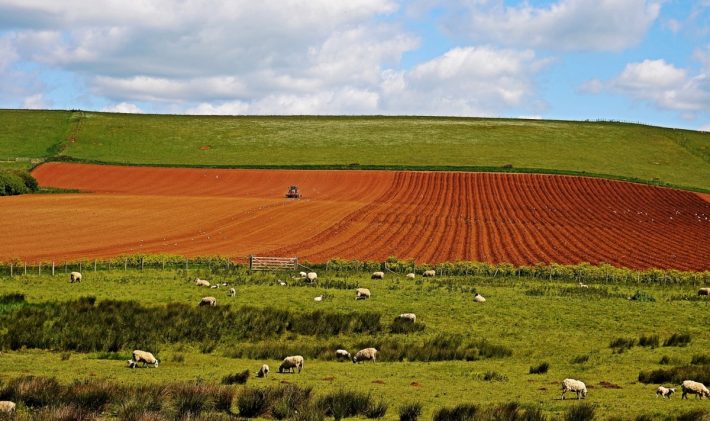BES response to the UK National Food Strategy
Today (15 July) sees the launch of the National Food Strategy, an independent report, commissioned by the UK Government in 2019. It finds that historic reform to our food system is needed to save the environment and improve the health of the nation.

Along with calls for Sugar and Salt Reformulation Tax, expansion of Free School Meals and a major overhaul of food education, the report warns that our eating habits are destroying the environment, which in turn threatens our food security.
The global food system is the single biggest contributor to biodiversity loss, deforestation, drought, freshwater pollution and the collapse of aquatic wildlife. It is the second-biggest contributor to climate change, after the energy industry. In the UK, agriculture alone produces 10% of greenhouse gas emissions.
Professor Jane Memmott, President of the British Ecological Society, said:

“As the report highlights, the way we currently produce our food is one of greatest threats to biodiversity. However, if we address these issues urgently and make changes like those recommended in the report to help farmers transition to more sustainable land use, there is considerable hope. We stand at a rare window of opportunity where large change is possible due to a combination of Brexit, the Agricultural bill and the public being much more interested in where their food comes from.
“The proposed Environmental Land Management scheme replacing the Common Agricultural Policy is one of the most exciting changes for a long time. It will bring several challenges, but if properly implemented it can help stem the loss of biodiversity and, very likely, begin to restore it.
“To implement the changes needed, we will need to draw on diverse methods of agriculture, use them in the right places and be informed by scientific evidence. In our recent Nature-based Solutions report, we highlighted how practices such as increasing field margins and hedgerows and incorporating trees into farmland can benefit biodiversity, carbon uptake as well as reduce soil erosion and flood risk.”
You can read the report here:
Like what we stand for?
Support our mission and help develop the next generation of ecologists by donating to the British Ecological Society.